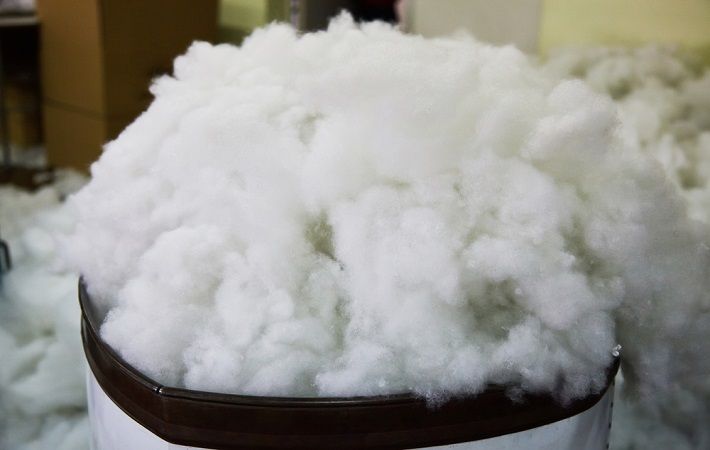
"While there may be a host of different innovations and new products that could possibly lead to confusion, we see this as positive forward momentum," says Sharon Chong, vice president-Sustainability at Sateri, in the March 2021 edition of Fibre2Fashion.
Speaking on the same lines, Kazuki Morise, chief executive officer at Asahi Kasei Fibers Italia, says, "Nowadays, we discover new brands of materials every day and, even if we consider it very positive when they can offer good solutions for a new generation of virtuous materials, this can create real confusion especially within brands, retailers and final consumers.
"For this reason, transparency and traceability, both at company, product and process levels, must be part of the storytelling and in this sense third party analysis and certifications become fundamental to demonstrate to consumers that what we declare is true and trustable," Morise said in the article 'Fibre! Fibre! Burning Bright' in the March 2021 edition.
According to Roxana Barbieru, vice president-Emerging Businesses and Alliances Management at Stora Enso, "Consumers are looking for products that enable them to lead more eco-friendly lives. They want to minimise waste, their carbon footprint and reduce their use of plastic. That is why it is important to continue working on different research and development initiatives. Innovating new products and materials and scaling them up for commercial use take time."
"We believe that, for end consumers, it is hard to follow the many new trends and innovations and especially hard to judge which developments are truly sustainable and which are only marketing. Therefore, the issue of correct labelling and traceability of the whole chain from fibre to finished product is very important to really know the footprint of the product," adds Polygiene AB CEO Ulrika Björk.
Giving a consumer perspective, Florian Heubrandner, vice president-Global Textiles Business, at Lenzing AG, says, "the growing ecosystem of certification mechanisms and credentials for guaranteed sustainability are starting to cause confusion. To avoid this, sustainable brands must subscribe to clear and comparable standards to avoid greenwashing and ensure consumers understand what goes into the production of their garments, and its associated environmental credibility."
Click here to read the complete article
Fibre2Fashion News Desk (RKS)